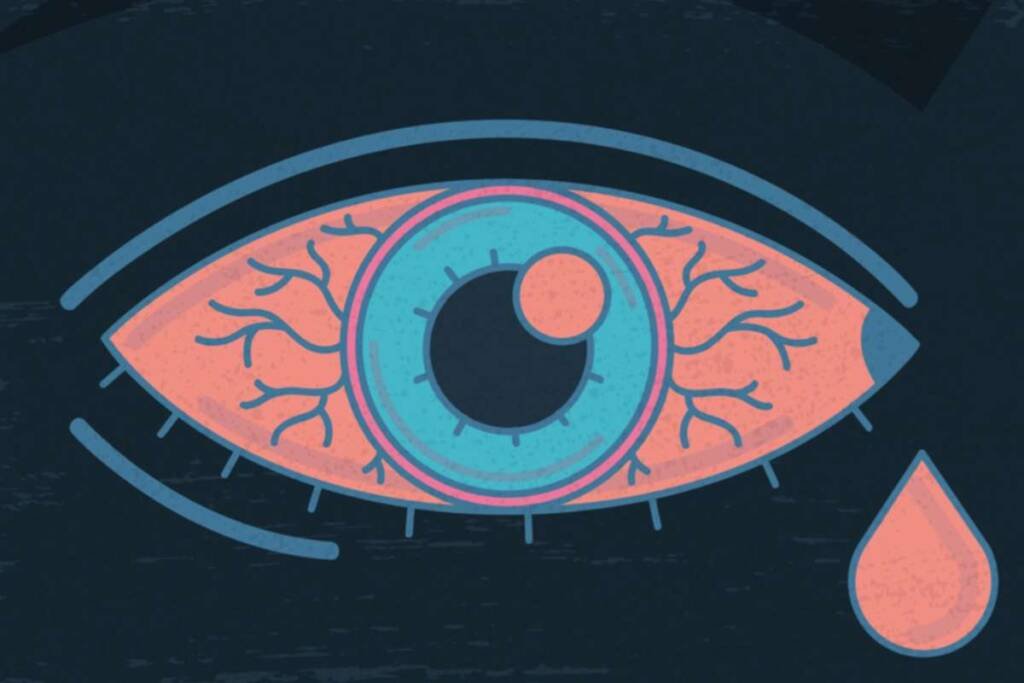Source – Apellis Pharmaceuticals
July 17, After receiving FDA approval for the treatment of advanced eye disease geographic atrophy, Apellis Pharmaceuticals’ Syfovre has been linked to rare but serious side effects, according to the American Society of Retinal Specialists (ASRS).
ASRS issued a letter on Saturday to inform doctors about cases of eye inflammation and six reports of occlusive retinal vasculitis in patients who were prescribed the drug. Retinal vasculitis is a type of inflammation that obstructs blood flow to the retina and could potentially lead to blindness.
The safety issues highlighted by ASRS were not specific to a particular batch of the product, but the side effects were observed within one to two weeks after the initial injection of Syfovre. The organization emphasized the importance of vigilance and close monitoring after administering the drug.
As a result of this news, Apellis’ stock price dropped by nearly 32% to $52.62 by Monday afternoon.
An Apellis spokesperson stated that the incidence rate of Syfovre-associated retinal vasculitis is 0.01% per injection, which aligns with the drug’s safety profile observed in clinical studies. No instances of retinal vasculitis were reported in the pivotal phase 3 trials of the drug.
“The breadth of SYFOVRE data at ASRS is a testament to the excitement surrounding the first and only FDA approved treatment for GA, which provides flexible dosing and slows GA lesion growth with increasing treatment effects over time. Among our seven oral presentations this year, we are thrilled to present data for the first time from the GALE long-term extension study of Syfovre.”
– Caroline Baumal, MD, chief medical officer, Apellis
Evaluate Pharma previously projected that Syfovre would generate $2.6 billion in sales by 2028. The drug slows down the progression of the disease rather than improving or halting central vision loss. Its approval marked the culmination of four years of intensive work on its development.
ASRS warnings have had a significant impact in the past. In 2020, the group alerted its members about 14 cases of retinal vasculitis in patients treated with Novartis’ drug Beovu for wet age-related macular degeneration. This news caused a 5.5% decline in Novartis’ shares and led to a 15% surge in shares for its competitor, Regeneron. Some doctors even discontinued the use of Beovu following the announcement.





























